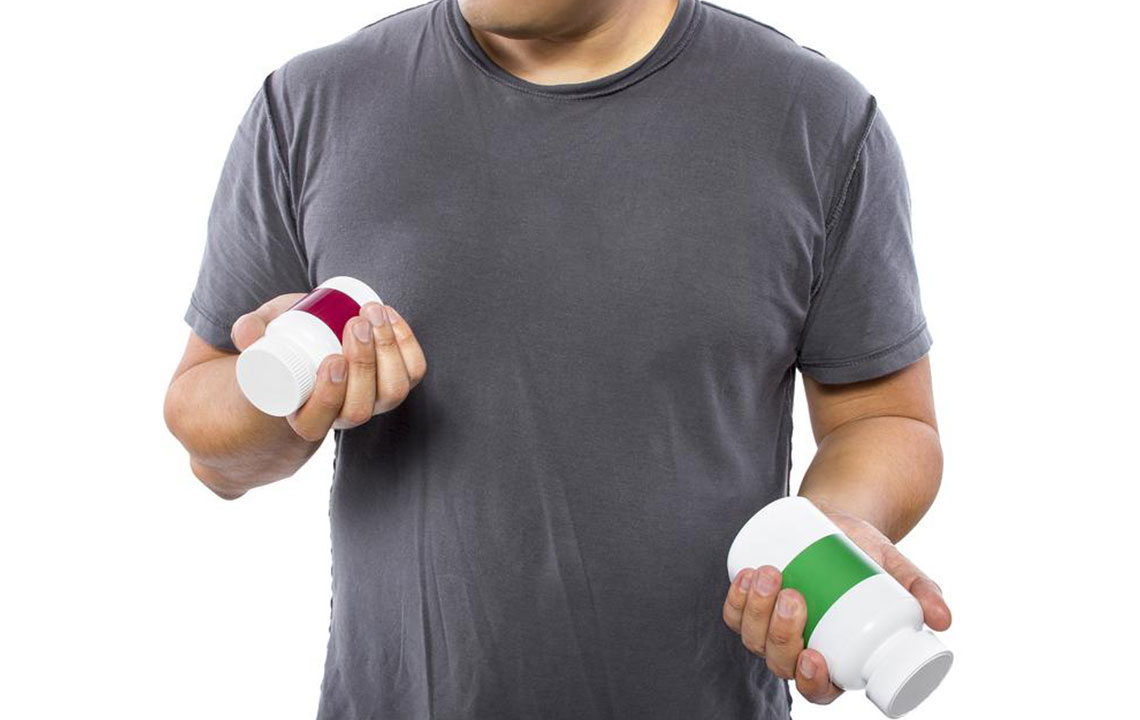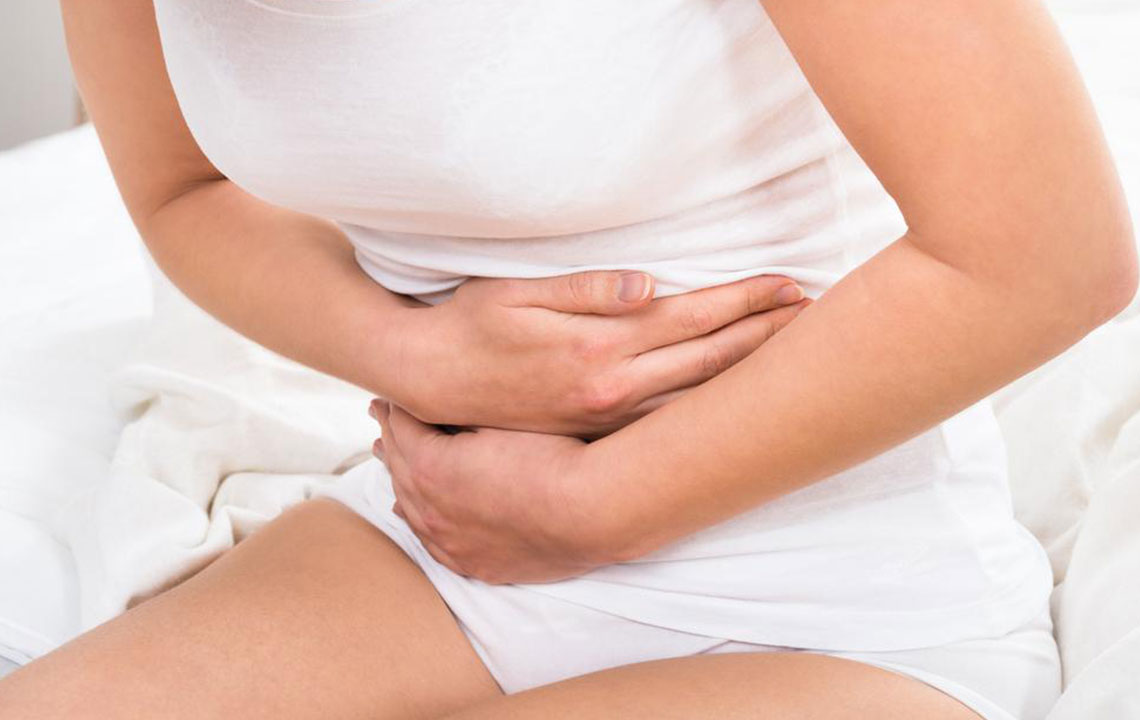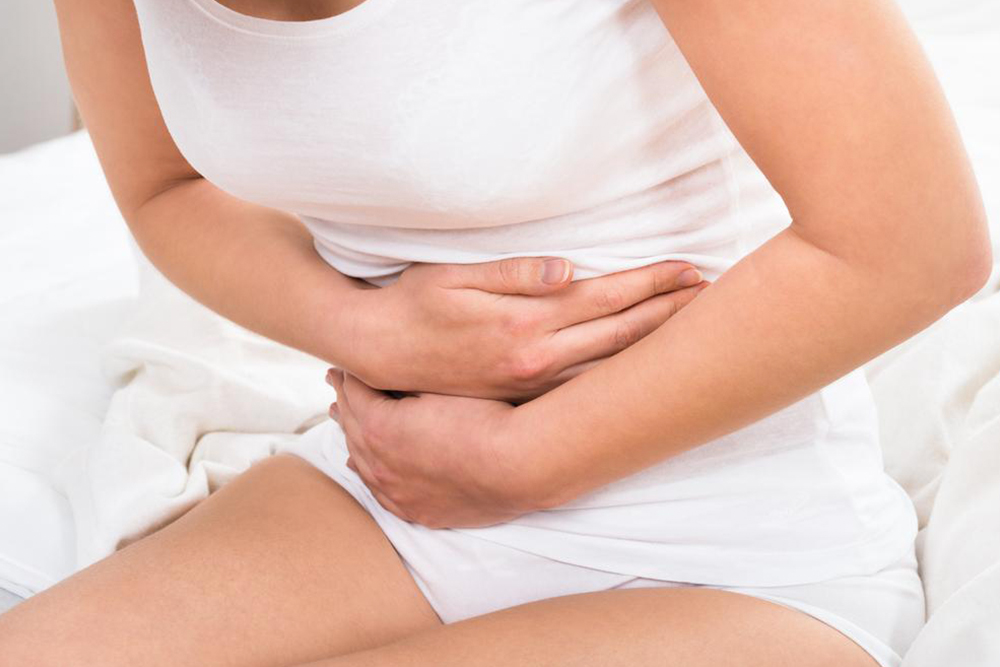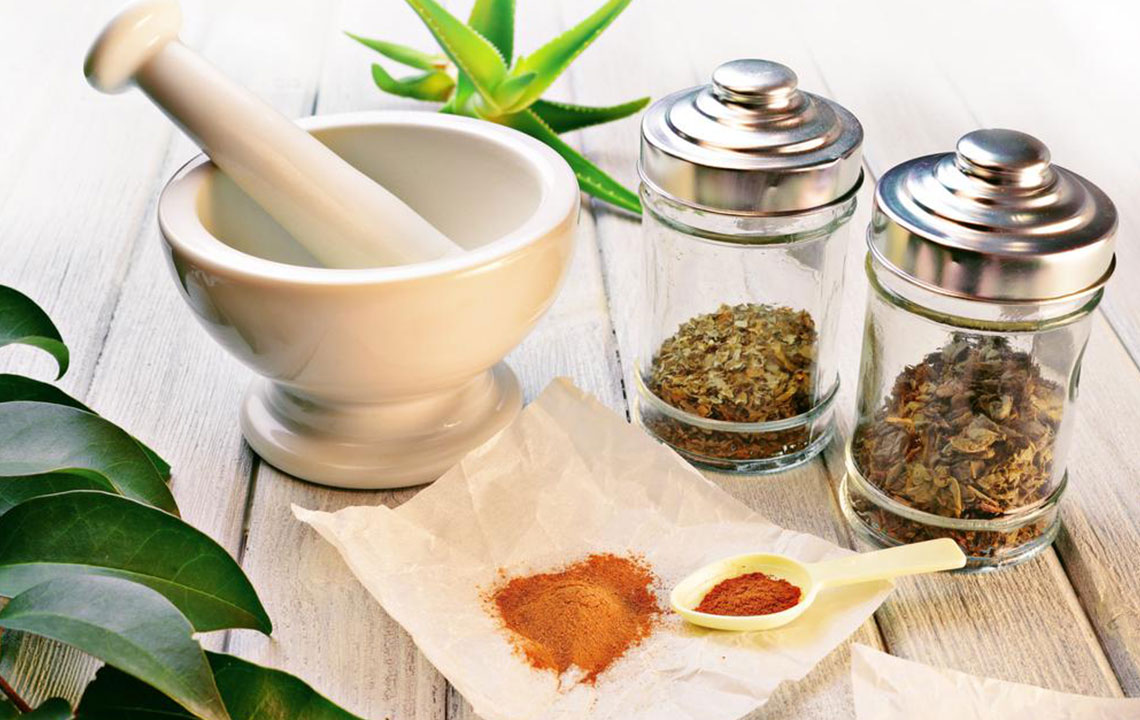Comprehensive Guide to Foods That Impact Bladder Control in Women
This comprehensive guide explores dietary factors influencing urinary incontinence in women. It highlights foods and drinks that can worsen bladder control issues, such as caffeine, alcohol, spicy foods, and acidic fruits. The article provides practical advice on dietary modifications, including suitable alternatives, to help women manage their symptoms effectively. Combining medical treatment with mindful eating can significantly improve quality of life for women dealing with bladder leakage. Learn how to identify triggers and adopt healthier habits for better bladder health.
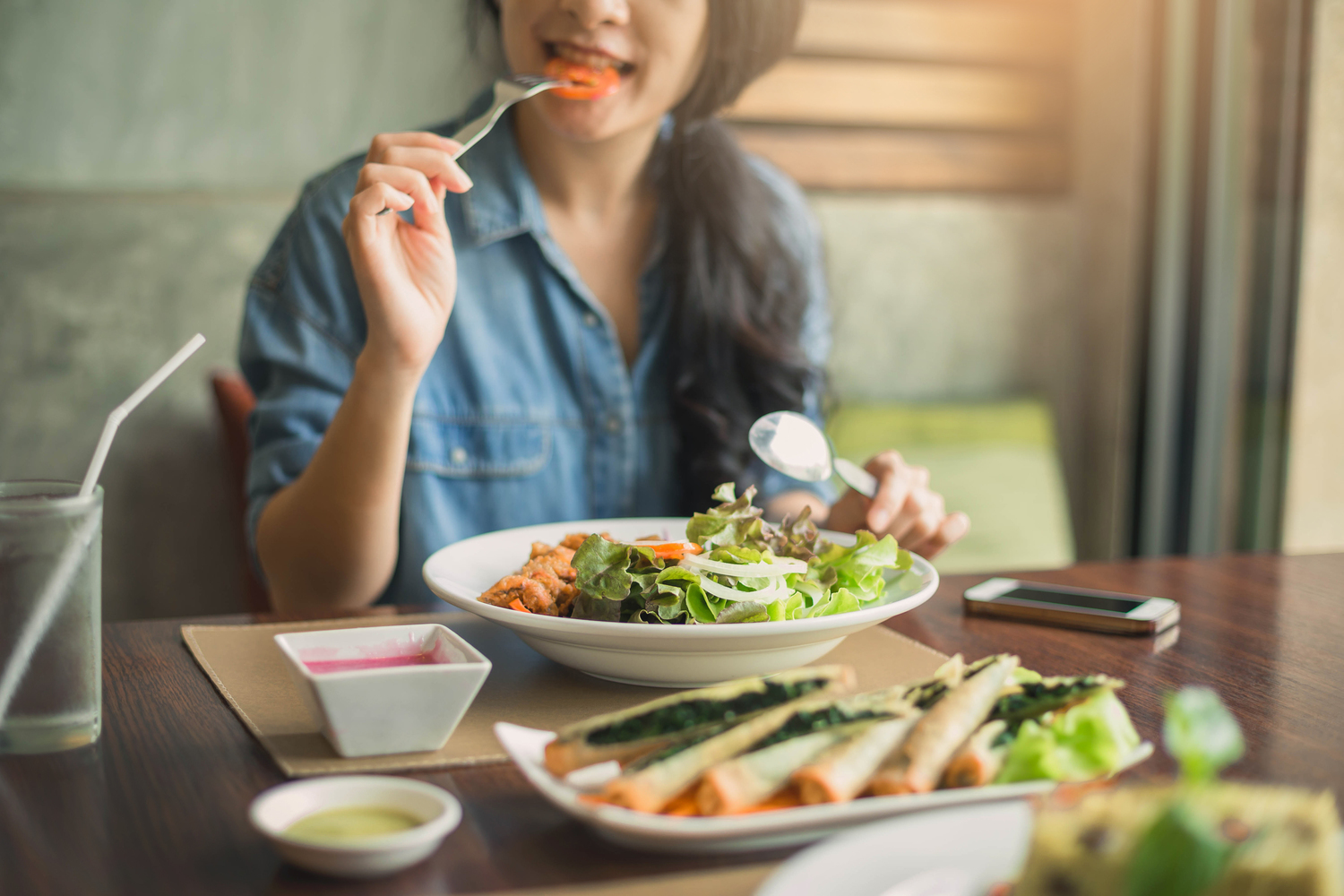
Essential Dietary Tips for Women Facing Bladder Leakage Challenges
Urinary incontinence, characterized by involuntary leakage of urine, is a widespread health concern that affects a significant portion of women worldwide. This condition, which can vary from occasional leaks to constant dribbling, is often linked to factors such as reduced bladder capacity, weakened pelvic muscles, hormonal fluctuations, and anatomical differences. Women are more susceptible due to their smaller urethral length and hormonal changes during different life stages, including menstruation, pregnancy, and menopause. Addressing urinary incontinence requires a comprehensive approach, combining medical treatment with lifestyle and dietary modifications. One crucial aspect of management is understanding how certain foods and beverages can influence bladder health and potentially worsen symptoms. Eliminating or limiting these triggers can lead to significant improvements in quality of life for women dealing with bladder control issues.
Caffeinated Beverages and Their Impact
Many women enjoy a daily cup of coffee or tea, but these beverages can be problematic for those experiencing urinary incontinence. Caffeine is a natural diuretic, meaning it increases urine production and can irritate the bladder lining. This leads to more frequent urge sensations and can aggravate leakage episodes over time. Caffeinated sodas, energy drinks, and even chocolate contain caffeine and should be consumed in moderation or avoided entirely by women with bladder issues. Reducing caffeine intake can help stabilize bladder function and lessen the severity and frequency of leakage episodes.
Alcohol’s Role in Exacerbating Bladder Symptoms
While many women indulge in social drink settings, alcoholic beverages pose significant risks for individuals with urinary control problems. Alcohol acts as a diuretic, increasing urine volume and placing additional stress on an already sensitive bladder. Beyond urine production, alcohol relaxes the bladder muscles and impairs neurological signals that regulate the urge to urinate, often leading to uncontrollable leakage. For women, especially those with pre-existing bladder health concerns, minimizing alcohol consumption can significantly improve symptoms and reduce complications such as urinary tract infections (UTIs).
Spicy foods such as peppers, chili, horseradish, and pungent spices are not only flavorful but also potential irritants for many women with bladder sensitivities. These foods can directly irritate the bladder lining, causing pain, increased urgency, and frequency of urination. Moreover, spicy dishes often induce thirst, prompting increased fluid intake, which can exacerbate leakage episodes. Women prone to urinary leakage are advised to limit spicy foods and explore milder seasoning options to maintain bladder comfort and health.
Artificial sweeteners commonly found in candies, baked goods, and fizzy drinks might seem like a good alternative to sugar but can negatively impact bladder health. These synthetic sweeteners can cause bladder spasms and increase susceptibility to infections due to their irritant properties. For women seeking to manage urinary incontinence, switching to natural sweeteners like honey, maple syrup, or stevia may provide a safer alternative that does not trigger symptoms.
Acidic fruits and condiments, including oranges, lemons, grapefruits, and tomatoes, are high in acidity and may lead to bladder irritation in women with ongoing urinary issues. Consuming these items increases bladder inflammation and discomfort, worsening symptoms. Additionally, dark chocolate, vinegar, soy sauce, and ketchup contain acids that can provoke bladder sensitivities. Women should consider moderating their intake of these foods or choosing less acidic alternatives to support bladder health.
Dairy products, particularly aged cheeses, creams, and full-fat milk, contain lactose and other compounds that can stimulate bladder sensitivities. For women with urinary leakage, limiting dairy consumption or opting for lactose-free alternatives may help reduce bladder irritation and improve symptoms. Incorporating plant-based milk options like almond or oat milk can be beneficial if tolerated.
Cranberry juice is often recommended for urinary tract health; however, it is highly acidic and can aggravate bladder inflammation in some women. For those with sensitive bladders, it’s better to consider alternatives such as blueberry or pomegranate juices that are less acidic but still provide health benefits without risking symptom flare-up.
Raw onions and pungent vegetables are known for their strong flavors and their potential to cause bladder irritation due to their acidity. Cooking onions thoroughly can lessen their irritant properties, making them more tolerable for women with bladder issues. Red onions and milder vegetables can be better choices for maintaining flavor without aggravating bladder symptoms.
Medications used for sleep or mental health, including sleeping aids and certain antidepressants, can have side effects that include nighttime incontinence. Patients should consult their healthcare providers before making any changes and discuss alternative medication options or adjustments to reduce this risk.
Medications for high blood pressure, especially diuretics, increase urination and can worsen incontinence symptoms. Under medical supervision, dose adjustments or switching to medications with fewer diuretic effects might be advisable to better control bladder leakage episodes.
Prunes, renowned for their digestive and bowel-regulating benefits, can unfortunately put extra pressure on the bladder when consumed in excess. Women with urinary leakage should monitor prune intake and opt for high-fiber, non-irritating foods like oats, beans, and vegetables to support bowel health without compromising bladder control. A balanced diet supporting digestion can indirectly benefit bladder health by preventing constipation and associated pressure on the bladder.
